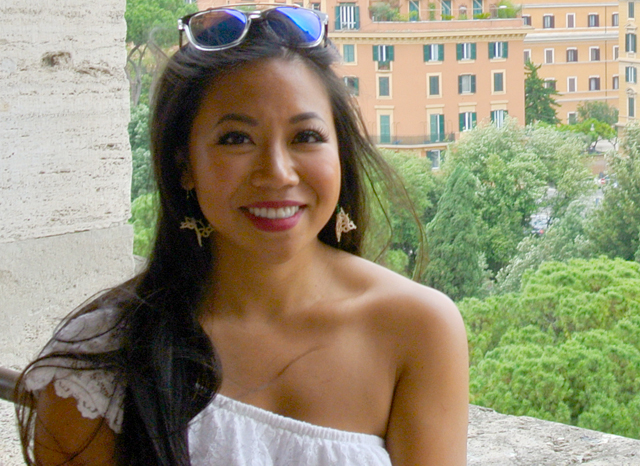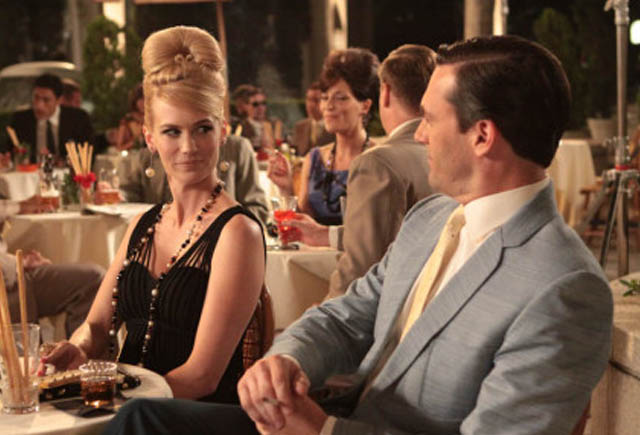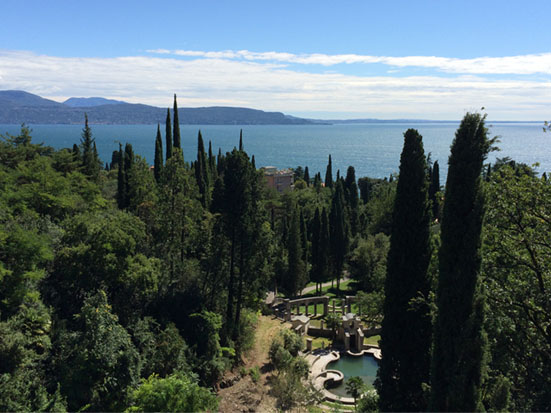
Ciao! Oggi ho pubblicato un nuovo podcast: Una gita a Gardone con Davide. La settimana scorsa mentre scrivevo il testo per il podcast, ho trovato alcune parole veramente deliziose e volevo sottolinearle per voi in un post unico. Includo anche un paio di suggerimenti grammaticali che ho trovato utili. Per ascoltare il podcast e per leggere il testo, vi invito ad andare a leggerlo e ascoltarlo. Cliccate qui.
Today I publish a new podcast: A trip to Gardone with Davide. Last week as I was putting together the text for the podcast, I came across some juicy vocabulary, and I wanted to highlight it for you in a separate post. I also include some helpful grammar points. To listen to the podcast and to read the text, I invite you to read and listen to the previous post. Click here.
Vocabolario:
Battello = Boat
Traghetto = Ferry Boat, Cary Ferry
Balconcino panoramico = observation deck
Dirigono / Dirigere = Direct
Piano di sopra = Upstairs, Upper level
Pompa incendio = Fire pump
Salvagente = Life Preserver, life buoy, life jacket
Riva = Shore, Bank
Sponda = Shore, Bank
Affondare = Sink, go under
Rimessa = Warehouse, Boathouse
Rivalità = Rivalry
Donnaiolo = Womanizer, Playboy
Rifugio = Refuge, Haven
Arazzi = Tapestry
Tappezzerie = Upholstery, Wallpaper
Tappeti = Carpet, Rug
Sporgenza = Ledge, Protrusion
Cianfrusaglie = Odds & Ends, Bric-a-Brac
Cimeli di guerra = War Relics
Capricci umani = Human caprices
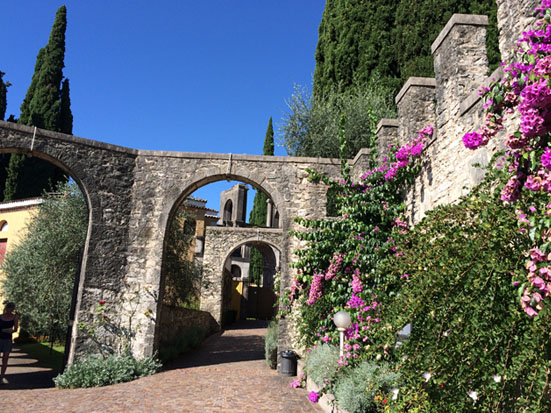
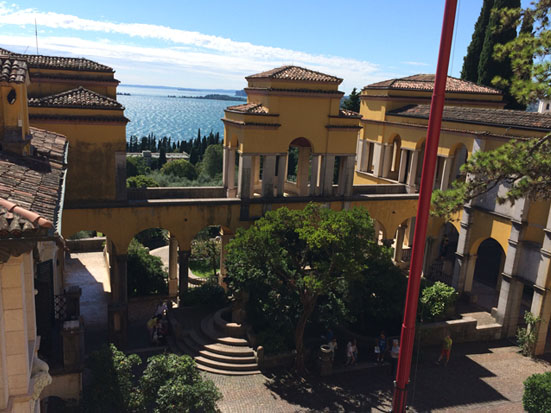
Frasi e costruzioni:
Ha appena compiuto undici anni = He just turned eleven
È solo un ometto = He is just a little boy
Le strade trafficate e tortuose = The congested and winding streets
Le onde rendevano la navigazione un po’ mossa = The waves made the crossing a bit choppy.
Sporgendoci dalla ringhera = Leaning ourselves over the railing…
le onde hanno schizzato le macchine parcheggiato sotto = The waves sprayed the cars parked below
Per pulire il parabrezza dalle piccole goccioline = To clean the windshield of small droplets
Sfilate in pompa e circonstanza = Pomp and circumstance
Gabbia d’oro = Golden Cage
Fuori dai piedi = idiom: To keep out of your hair (literally: to keep away from your feet)
Sguazzare nei suoi pensieri = To wallow in your thoughts
Idolatrare le sue muse = To idolize his muses
Opprimente nel suo arredamento d’interni = Opressive, depressing in its interior decorating
“Fuori” takes the preposition “da” = Note: Fuori always takes the preposition “da” and not “di”! (eccezione: “sono fuori di me”)
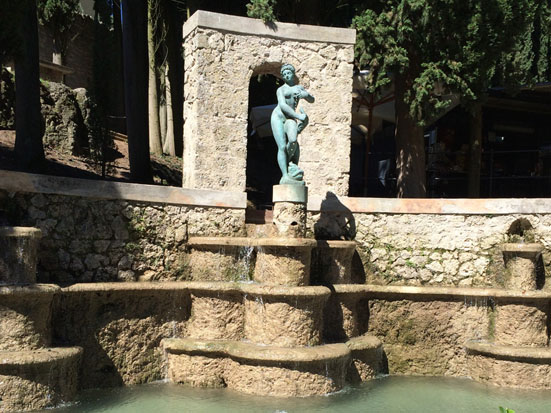
Collocamento dei aggettivi // Placement of adjectives
Di solito l’aggettivo segue il sostantivo. Generalmente il collocamento dell’aggettivo non cambia essenzialmente il significato della frase o la differenza è minima. // Usually the adjective follows the noun. Generally the placement of the adjective doesn’t change the meaning of the phrase or the difference is minimal.
Per esempio: “Una brezza leggera” o “una leggera brezza” = a light breeze / a slight breeze (più poetico)
Ci sono alcune eccezioni: il mio vecchio amico (my friend who I’ve known for years) // l’amico vecchio (my friend who is elderly)
Potete usare questo trucco mnemonica per ricordare quando si mette l’aggettivo davanti al nome // You can use this rule of thumb for those adjectives that you should place before a noun:
B – beauty (una BELLA donna)
A – age (una VECCHIA macchina)
G – goodness (è un BUON uomo, lui è un BRAVO dottore)
S – size (una GRANDE casa, un PICCOLO amico)

